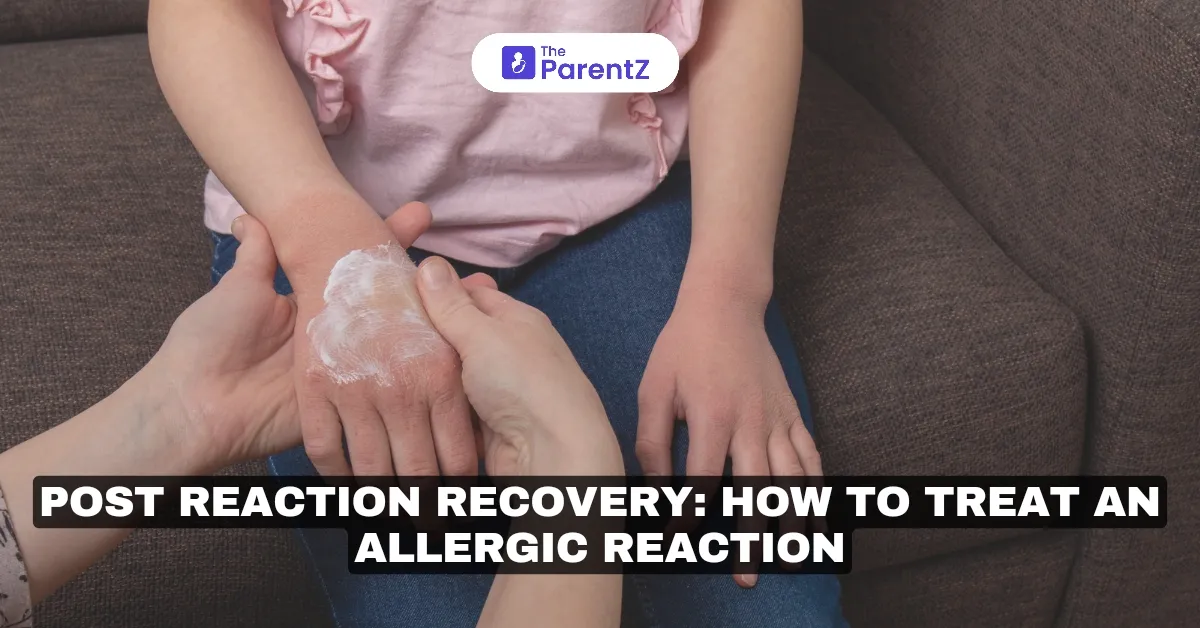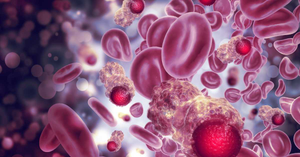From mild rashes due to dust to a severe reaction to peanuts, allergic reactions are perhaps unpredictable and threatening. The symptoms can range significantly from being mild to as severe as a life-threatening condition called anaphylaxis. Therefore, it becomes critical to know how to manage the aftermath, which is indeed important for recovery and preventing future complications.
Read this article to learn about post-reaction recovery and the best ways to treat an allergic reaction.
Immediate Post-Reaction Steps to Treat an Allergic Reaction
When it comes to treating an allergic reaction, time plays an essential aspect and the way you respond to it actually makes all the difference.
Understand the Severity
Before you resort to the post-reaction approach, it is important to check whether the reaction is mild with symptoms including an itchy rash or severe, such as difficulty breathing.
Suitable Medications
To treat mild reactions, administer antihistamines such as Benadryl to help relieve symptoms, such as itching, hives, and swelling. However, for severe reactions, an epinephrine auto-injector is usually considered to prevent life-threatening complications.
Get Medical Help
In extreme circumstances, when an allergic reaction results in anaphylaxis, it is important to get immediate medical attention even after epinephrine is being administered.
Post-Reaction Care: Essential Tips to Know
Once the immediate reaction to the allergens is under control, the focus shifts to ensuring long-term health and preventing any post-reaction complications. Here are a few essential tips you must know.
Check for Symptoms Reappearance
Sometimes, the symptoms of an allergic reaction may reappear within 24-72 hours, which is known as biphasic anaphylaxis. Therefore, it's important to keep track of reappearing symptoms, and the patient must be kept under supervision for at least 6–12 hours if the reaction was severe.
Proper Rest and Hydration
Recovering from a severe allergic reaction takes a toll on the body. Therefore, it is recommended to intake plenty of water and proper rest to help your immune system regain its strength.
Consult a Doctor
If a reaction was severe, it is important to consult a doctor, as they might prescribe certain prescriptions or allergy testing to reduce the risk of any future incidents.
Tips to Prevent Allergic Reactions
Here are some essential tips to prevent the risk of any possible allergic reactions in the future.
Identify the Potential Triggers
The best way to prevent it is allergy testing to identify what caused the reaction. Whether it's a certain food, medication, or an environmental factor, knowing your allergy triggers will significantly help avoid the reactions.
Medications for Emergency Care
If you have severe allergies, don't forget to carry an epinephrine auto-injector every time to deal with emergency situations.
Keep Informed
Lastly, let your friends, family, and coworkers know about your allergies and what their post-reaction action plan should be in case of an emergency.
Takeaway
From carrying your medications to seeking medical attention, recovering from an allergic reaction is important to ensure long-term health and prevent life-threatening complications. Besides, understanding your allergy triggers can actually make a big difference in reducing the risk of allergic reactions. If you suspect any symptoms of allergies, consult your doctor immediately.








Be the first one to comment on this story.